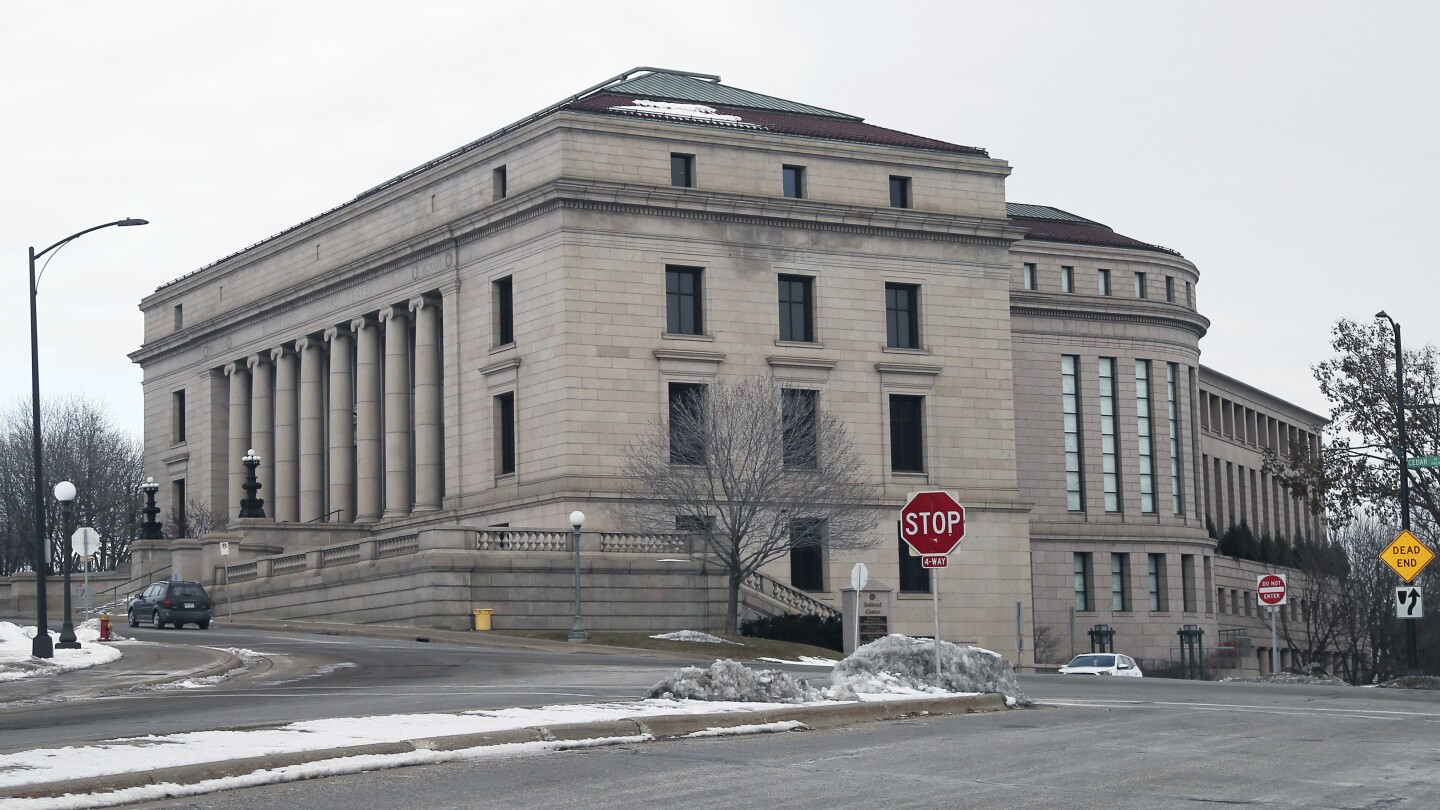ST. PAUL, Minn. (AP) — Oral arguments will take place before the Minnesota Supreme Court on Thursday, focusing on efforts to prevent former President Donald Trump from running for the White House again using the Constitution’s “insurrection” clause. This case is occurring simultaneously with a similar one in Colorado, making it likely that one or both will reach the U.S. Supreme Court.
Multiple lawsuits have been filed across the country seeking to bar Trump from state ballots in 2024 due to his involvement in the January 6, 2021 attack on the U.S. Capitol, which aimed to disrupt the certification of Joe Biden’s election victory. The cases in Colorado and Minnesota are at the forefront of these legal battles.
The main argument centers around Section Three of the 14th Amendment, which prohibits individuals from holding office if they previously swore an oath to uphold the Constitution and then engaged in insurrection against it.
In the Minnesota case, the plaintiffs are requesting that the state’s highest court declare Trump disqualified and instruct the secretary of state to exclude him from the ballot for the March 5 primary. They have also suggested the possibility of an evidentiary hearing, which would prolong the resolution of the case, a course of action that Trump’s legal team opposes.
“The events of January 6, 2021, amounted to an insurrection or a rebellion under Section 3: a violent, coordinated effort to storm the Capitol to obstruct and prevent the Vice President of the United States and the United States Congress from fulfilling their constitutional roles by certifying President Biden’s victory, and to illegally extend then-President Trump’s tenure in office,” wrote the petitioners.
Trump’s lawyers acknowledge that the question of his suitability for the presidency has been a significant political controversy. They argue, however, that the events of January 6 were not an insurrection in the constitutional sense, despite descending into a riot. While Trump faces state and federal criminal charges related to his attempts to overturn the 2020 election, he has never been charged with insurrection.
Minnesota law, along with federal law, does not allow courts to remove a candidate from the ballot. Furthermore, Trump’s lawyers contend that the insurrection clause does not apply to presidents.
The definition of an insurrection and whether Trump incited the mob have been key issues in the Colorado case. Since there is limited case law interpreting this provision, both sides must refer to precedents from as far back as 150 years ago. The 14th Amendment was passed in 1866 and ratified two years later, following the end of the Civil War.
The Minnesota Supreme Court has allocated just over an hour for oral arguments on Thursday. Representatives for the petitioners, including former Minnesota Secretary of State Joan Growe and former Justice Paul Anderson, as well as lawyers for Trump, the Republican Party of Minnesota, and current Secretary of State Steve Simon, will present their cases. Free Speech For People filed the Minnesota case, while Citizens for Responsibility and Ethics in Washington, another well-established group with significant legal resources, initiated the Colorado case.
Secretary of State Simon has urged the court to expedite a ruling so that he can provide instructions to local election officials regarding Minnesota’s March primary no later than January 5.
___
Riccardi reported from Denver.


